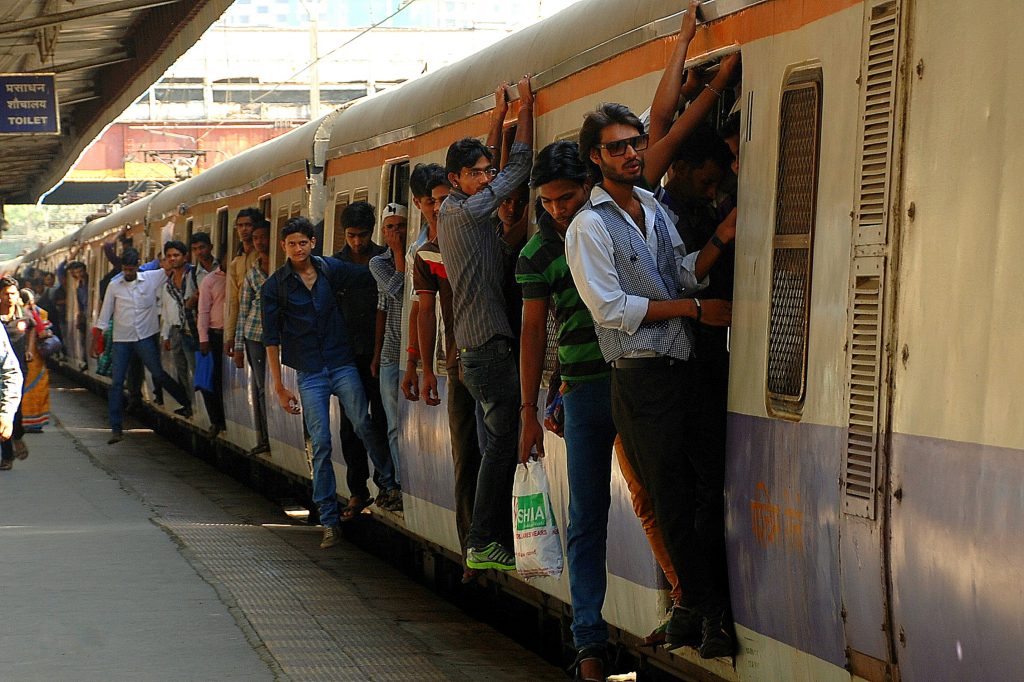If you’ve ever wondered how a nation of 1.4 billion people moves, look no further than Indian Railways. As someone who’s logged some kilometers on its tracks—from the icy foothills of Jammu to the humid coasts of Tamil Nadu—I can confirm that train travel here is equal parts adventure, endurance, and enlightenment. But beyond the romance lies a complex system with its own rules, quirks, and surprises. Let’s break it down.

Punctuality: The Good, the Bad, and the Monsoon
Indian Railways operates over 13,000 passenger trains daily, and while punctuality has improved in recent years, delays are still part of the journey. On average, 70-80% of long-distance trains arrive within 15 minutes of their scheduled time, according to railway reports. But during monsoon season (June–September), all bets are off. Landslides, flooded tracks, and sudden diversions can add hours—or even days—to your trip.
Pro tip: Download the IRCTC RailMadad app to track live train status. For critical journeys, opt for Rajdhani or Shatabdi trains, which prioritize punctuality and cater to business travelers.
Coaches 101: From General to AC First Class
Indian trains offer a tiered system of coaches, each with its own vibe and price tag. Here’s the lowdown:
- General Class (Unreserved):
- Cost: ₹50–₹200 (less than $3) for short distances.
- Experience: Barebones benches, overcrowded, no reservations. This is where India’s working class travels—farmers, laborers, students. Not for the faint-hearted, but a raw cultural immersion.
- Sleeper Class (SL):
- Cost: ₹400–₹1,500 (5–5–18) for overnight journeys.
- Experience: Open compartments with 6–8 berths per bay. Basic cushions, no bedding. Expect chatter, chai vendors, and the occasional rodent. Bring a lock for your luggage.
- 3AC (3-Tier Air-Conditioned):
- Cost: ₹1,200–₹3,500 (15–15–42).
- Experience: Curtained bays, padded berths, and AC. Bedding provided. Quieter than Sleeper, popular with families and budget travelers.
- 2AC (2-Tier Air-Conditioned):
- Cost: ₹1,800–₹5,000 (22–22–60).
- Experience: Wider berths, fewer people per bay, and privacy curtains. Middle-class Indians and savvy foreigners often opt for this balance of comfort and cost.
- 1AC (First Class AC):
- Cost: ₹3,000–₹8,000 (36–36–96).
- Experience: Private 2- or 4-berth cabins with locking doors. Luxurious by Indian standards, but still no match for European sleeper trains. Mostly used by retirees or bureaucrats.
- Chair Car (CC) & Executive Class:
- Cost: ₹500–₹2,500 (6–6–30) for daytime journeys.
- Experience: Reclining seats on Shatabdi or Tejas trains. Think: commuter comfort with meal service.
Seat Quality: What to Expect
- General/Sleeper: Thin, vinyl-covered foam pads. After 8 hours, you’ll feel every bump.
- AC Classes: Thicker cushions with cotton bedding (blanket, pillow, and sheet in 2AC/1AC).
- Chair Car: Aircraft-style seats with decent legroom.
Pro tip: Bring a travel neck pillow for overnight trips and sanitizer—while AC coaches are relatively clean, bathrooms and Sleeper Class can test your tolerance.
Tickets: How to Book (Without Losing Your Sanity)
- Online (IRCTC Website/App):
- Create an IRCTC account (requires Indian phone number or email).
- Book up to 120 days in advance. Payment via credit/debit or digital wallets like Paytm.
- Tatkal Tickets: Released 1 day before departure for last-minute bookings. Expect premiums (up to 30% extra).
- Counters:
- Major stations have English-speaking staff. Carry ID (passport for foreigners). The ticket counters can get busy especially on public holidays. So prepare for some waiting time.
- Authorized Agents:
- Use portals like Cleartrip or MakeMyTrip for user-friendly interfaces (surcharges apply).
Sample Fares (Delhi to Mumbai, ~1,500 km):
- General: ₹350 ($4)
- Sleeper: ₹600 ($7)
- 3AC: ₹1,800 ($22)
- 2AC: ₹2,700 ($32)
- 1AC: ₹4,500 ($54)
The Unwritten Rules
- Food: Pre-book meals via IRCTC or trust platform vendors (₹100–₹250/1.20–1.20–3 per meal). Avoid unhygienic stalls.
- Safety: Padlock luggage to berth chains. Keep valuables in a money belt.
- Social Etiquette: Shoes off near berths. Offer snacks to compartment mates—it’s a gesture that unlocks camaraderie.
Why It’s Worth It
Yes, delays happen. Yes, AC classes cost 10x more than General. But where else can you sip chai at sunrise with a Punjabi farmer, debate cricket with a software engineer from Bangalore, and watch a thousand shades of green blur past your window—all in one day?
Indian Railways isn’t just a transport network. It’s a democratized space where India’s contradictions collide and coalesce. Book that ticket, pack your patience, and let the tracks lead you.